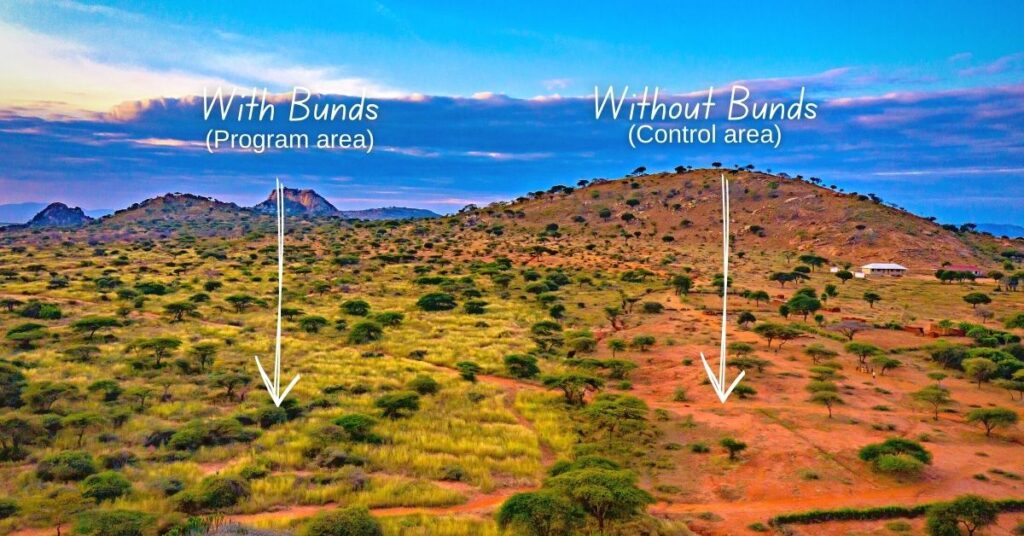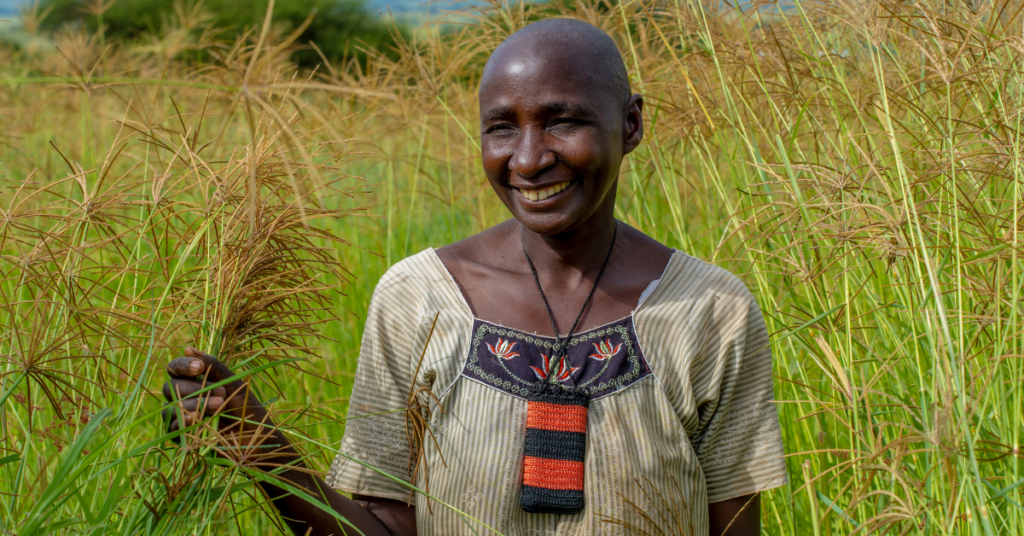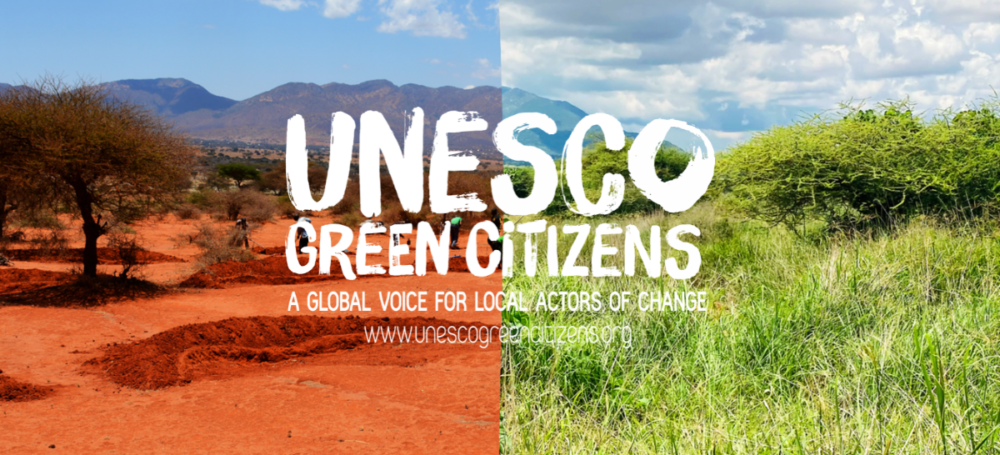The Pembamoto Rainwater Harvesting Project has recently earned recognition from UNESCO Green Citizens, highlighting its potential to make a significant impact and its innovative approach. This acknowledgment not only validates the project’s efforts but also presents an opportunity to showcase its achievements on a global scale.
In collaboration with our partner organization, Justdiggit, we launched a Rainwater Harvesting pilot Project in Pembamoto village, Kongwa District, covering an area of 80 hectares. The Pembamoto Rainwater Harvesting project aims to revive natural vegetation on severely degraded land, rendering it once again beneficial for farmers and pastoralists. Over 5,000 bunds have been constructed in a designated grazing area within the village.

Pembamoto, once a desolate red soil mountain, has now transformed into the lush and vibrant Green Mountain that it is today. In 2021, amidst a devastating drought, grass became a catalyst for change as it was sold to fund the construction of a school and support various community development initiatives.
What sets this project apart is its emphasis on community involvement and empowerment. From the initial planning stages to implementation and maintenance, community members are actively engaged every step of the way. This bottom-up approach not only ensures the project’s sustainability but also fosters a sense of ownership and pride among participants.
However, the journey doesn’t end here. While recognition by UNESCO Green Citizens is a significant milestone, it also comes with responsibilities. The project now has the opportunity to serve as a model for others, demonstrating the power of community-driven environmental initiatives.
In conclusion, the invitation to join UNESCO Green Citizens is not just an honor for the Pembamoto Rainwater Harvesting Project, but a call to action for all of us. It is a reminder that each of us has a role to play in protecting our planet, and that small actions can lead to big impact. Together, we can turn the tide on environmental degradation and build a brighter future for all.



Comments are closed.